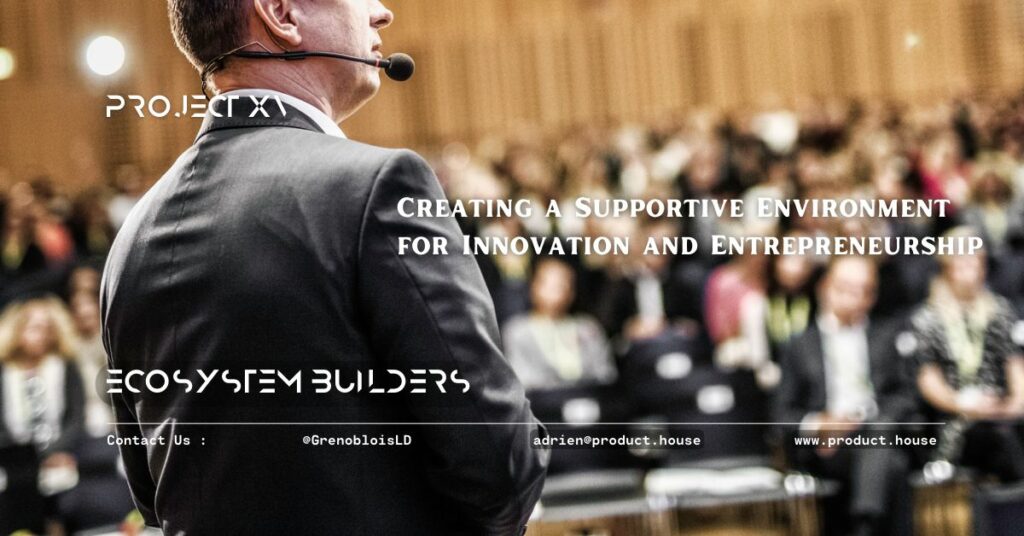S9. The Power of Problem-Solving Skills: Creating Effective and Efficient Designs

Problem-solving skills are essential for creating effective and efficient designs. They enable designers to identify and solve design problems, make informed decisions, and create designs that meet user needs and business goals. In this article, we’ll explore the benefits of problem-solving skills and how they can enhance the design process.
Creativity and Critical Thinking
Problem-solving skills involve both creativity and critical thinking. Creativity allows designers to think outside the box and generate new ideas, while critical thinking enables designers to analyze and evaluate these ideas.
One of the key benefits of problem-solving skills is that they can lead to more effective and efficient designs. By approaching design problems with creativity and critical thinking, designers can identify and solve issues more effectively, and create designs that meet user needs and business goals.
Efficiency
Problem-solving skills can also lead to greater efficiency in the design process. By identifying and solving design problems early in the design process, designers can save time and resources, and create designs that are more effective and efficient.
One of the key benefits of problem-solving skills is that they can lead to more efficient use of resources. By identifying and solving design problems early in the design process, designers can avoid costly mistakes and ensure that the design meets user needs and business goals.
Benefits of Problem-Solving Skills
Problem-solving skills can have numerous benefits for designers and the design process. By approaching design problems with creativity and critical thinking, designers can create more effective and efficient designs, and save time and resources in the process.
Additionally, problem-solving skills can help designers to make informed decisions and prioritize improvements. By identifying and solving design problems, designers can make changes that are based on user needs and business goals, rather than assumptions or guesses.
Conclusion
In conclusion, problem-solving skills are essential for creating effective and efficient designs. They enable designers to identify and solve design problems, make informed decisions, and create designs that meet user needs and business goals. Therefore, it’s important for designers to prioritize developing and mastering their problem-solving skills.




